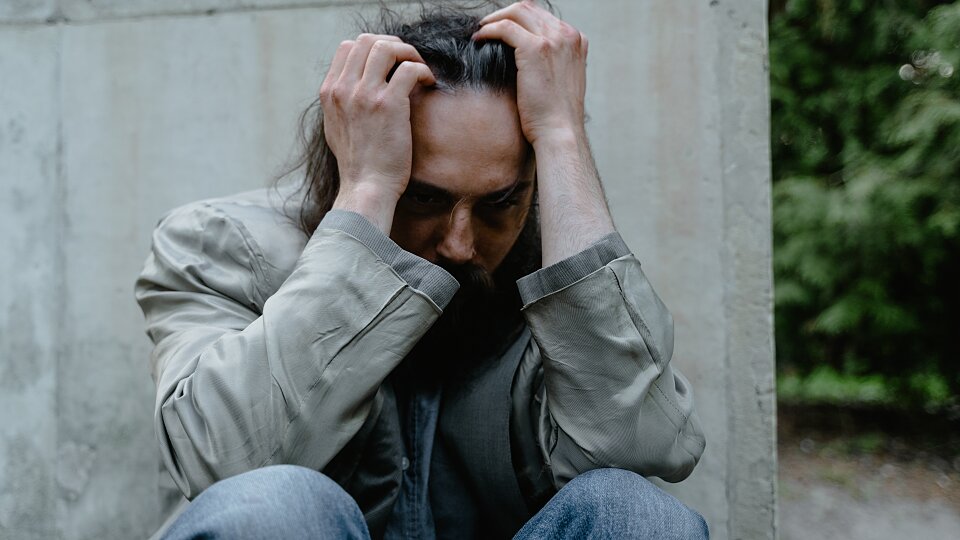What does poverty look like?
When we think of poverty, most of us think about a homeless person we see on the side of the road begging for money or the person living under the bridge. You may even take the time to think about how they arrived at this point in their life. Thoughts of drug or alcohol abuse, mental illness or even being too lazy to work might cross our minds. However, from the outside looking in, those are the simple explanations to a rather complex problem.
Generational poverty cannot be solved overnight
It's hard to fathom the life of those coming from generational poverty and how hard it is to break the cycle. A complete mind shift must take place in order to escape poverty. It’s not just a lack of money, food or a home that results in chronic homelessness. Someone must combat years of learning how to survive without access to resources and support. Sometimes this is due in large part to unidentified mental illness or lack of education. The inability to read or write can greatly impact one’s ability to provide for themselves. This is not something that can be solved overnight.
Real change requires a change in mindset
We can take a person off the street tomorrow and give them a home, food, clothes and some money, but that doesn't change their mindset. It merely changes their circumstances.
Someone who has experienced generational poverty is conditioned to live in poverty. They wouldn't be able to function in a new environment and new circumstances because they may not be prepared to keep a place clean and organized, wash their clothes every day or even prepare food using appliances. It’s essentially taking a child and teaching them how to properly care for themselves.
We often say, “You don’t know what you don’t know.” If proper hygiene routines and how to keep a tidy home, much less maintain a home, have never been modeled for you, then you will do what you have always known to do … simply survive.
Poverty comes in many shapes and sizes
Poverty does not just look like the homeless person you see on the street though. Poverty is hidden inside approximately 3 billion people’s homes.
More than 700 million individuals globally survive on less than $2 a day. The people who may have a place to stay but don't have enough food to feed their families. It might be a struggle no one on the outside sees. These are the people who are considered vulnerable. Those who are not poor enough, but far from being part of the economic standard of living most of us are accustomed to.
According to the 2022 OECD Economic Survey of the United States, nearly 3.4 billion people in the U.S. are forgotten as they're not considered poor, middle class or rich. This includes those who are at a high risk of falling back into poverty, usually due to an economic, health or global impact, i.e. recession, pandemic, etc.
We must identify those who are silently struggling with poverty
It’s those who are silently struggling to stay above the poverty line who have worked to make a mindshift and not be a statistic who often struggle the most. They aren’t the obvious ones to receive help because they are not visible to most of us.
The problems they have are not staring us in the face when we are at the stop light or volunteering at a homeless shelter. This vulnerable population has a desire to change their circumstances. They are no longer content surviving. They are the ones who need resources and support to stand in the gap for them to keep them encouraged.
So where does poverty live?
Poverty is all around us – whether is it's visible or not. It's up to each one of us to be the prayer warriors, keeping those living in poverty in our minds and hearts. God calls us to, “Love each other as I have loved you” (John 15:12). We need to stand up and offer a helping hand, instead of turning a blind eye or making false assumptions about those living in poverty.
“When a poor person dies of hunger, it has not happened because God did not take care of him or her. It has happened because neither you nor I wanted to give that person what he or she needed.” – Mother Teresa
Written by Dior Burns, Buckner director of administration and operations in Houston.




Comments